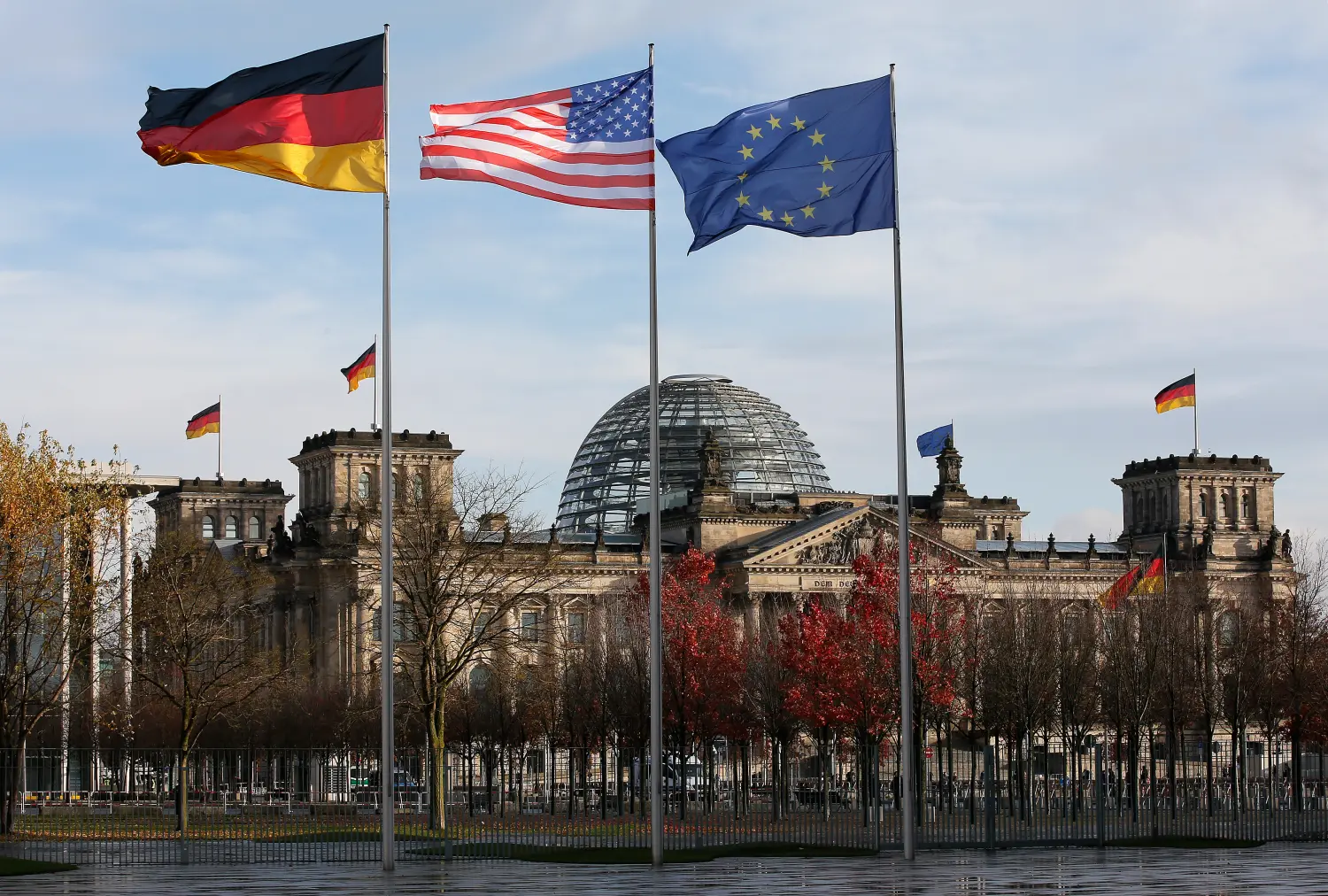The conventional wisdom holds that Europe today is economically or socially dysfunctional. In this view, Europe, with its long vacations and generous pensions, is in many ways a better place to live than the United States, but that can not last. Even if the European social model is desirable, it is unrealistic and sooner or later, doomed. This assertion of Europe’s doom derives from the association of technological change and globalization with inevitability or necessity. The protected economies of Europe that we have grown so used to will no longer be possible—like it or not this change is going to be upon us. We can see the future because we can see the shape of the economic present.
History, however, provides some caution on that subject. If, in 1905, we—we economists, we political observers—asked ourselves what do we know about the next century on the basis of what we think we know about the present, what would we conclude? Well, three widespread assumptions were made in 1905 in Europe.
The first, famously, was that large-scale war between states would never happen again. The economic, moral, and human cost of war would make it politically impossible for a state to go into that kind of war and stay in it. And that assumption, of course, remained in force until 1914.
The second assumption that everyone made was that the 20th century was not going to be America’s century; it was going to be Germany’s century. Indeed, even after the fact, Raymond Aron pointed out how striking it was to those of us who lived in the 20th century that it did not turn out to be Germany’s century when it so obviously ought to have been.
The third assumption was the widespread idea that the age of nation states and nationalism was over. The term “globalization” did not yet exist in 1905, but the concept most certainly did. Thus, for example, the introductory paragraphs of Keynes’s The Economic Consequences of the Peace (1919) talks about the kind of world that was available to a London businessman in 1910—a world of steamships, trains, telegraphs, telephones, rapid trade, rapid movement, the breaking down of tariffs and barriers and so on—in terms that are quite familiar to globalization advocates today. In this “globalized” world of 1905, the notion that independent nation states might spring up on the basis of nationalist movements seemed terribly passé.
Not until 1916 did Tomas Masaryk, who went on to become the first president of an independent post-World War I Czechoslovakia, abandon the belief, widespread among Central Europeans at the time, that the Hapsburg Empire must survive because the logic of economics dictated the largest possible economic space. He could not imagine putting up tariffs and customs and barriers between Prague and Vienna in an economy that was increasingly internationalized. Only after World War I, or late into it, did he come around to that view.
The Brookings Institution is committed to quality, independence, and impact.
We are supported by a diverse array of funders. In line with our values and policies, each Brookings publication represents the sole views of its author(s).



